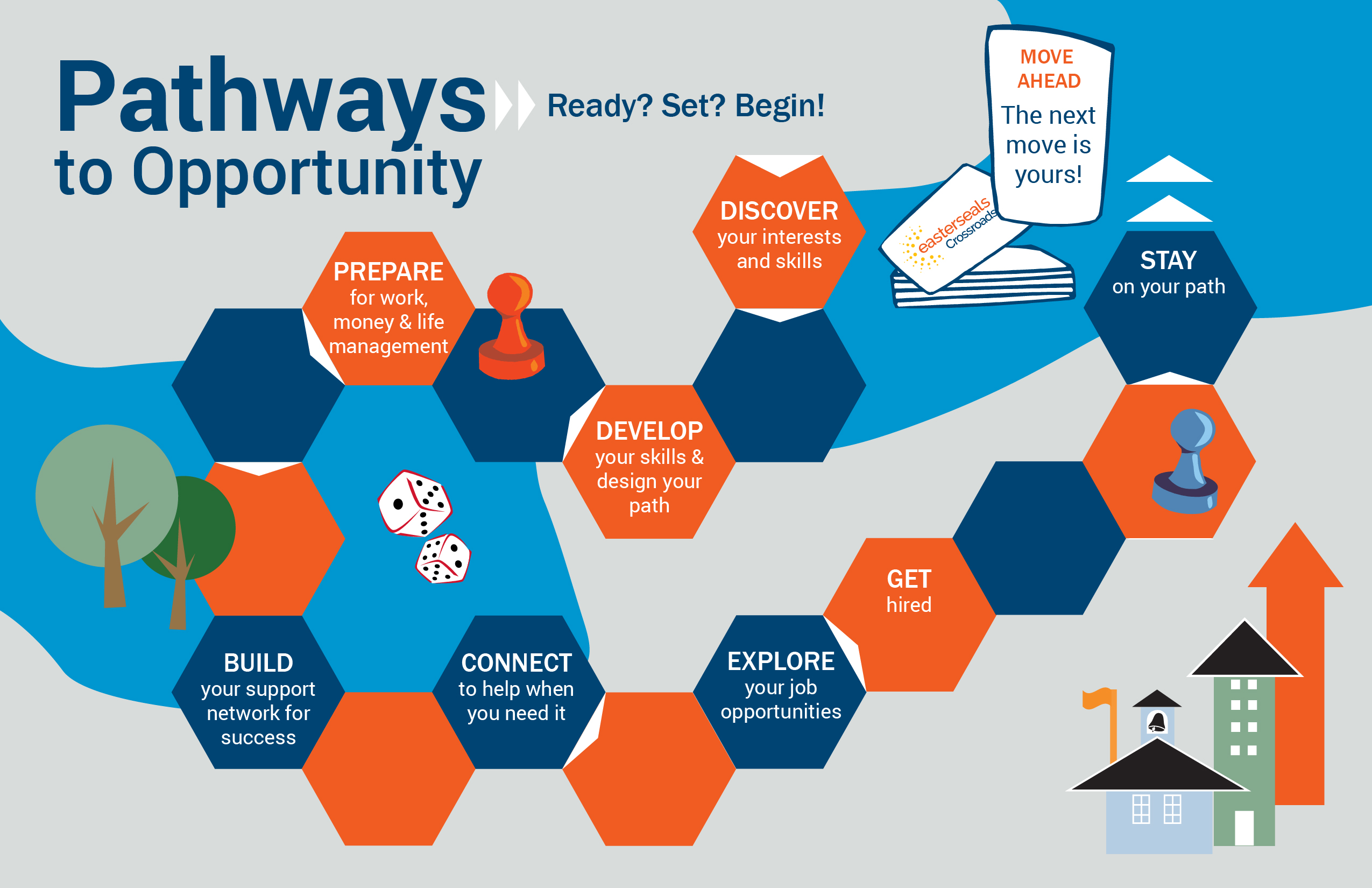Giving Tuesday Matching Gift Partner eKeeper is Creating Possibility
You can create possibility for people with disabilities TODAY on Giving Tuesday! Donations are critical to our ability to support nearly 10,000 people every year since we rely on philanthropy for up to 25% of our operating budget.
Thanks to tremendous support from eKeeper, your gift will be matched today on Giving Tuesday. Easterseals Crossroads and eKeeper have partnered to create possibility for people with disabilities in our community. Watch a video message from eKeeper.
You can create possibility for people like Hannah – a single mom concerned about her daughter Elsie who was experiencing difficulties in daycare.
Hannah connected with resources from the Family Opportunity Program, a program that provides options to achieve self-sufficiency for families who have a child with a disability.
Hannah learned that Elsie had autism. She enrolled her in autism behavior therapy, where she has made great strides for the past few years and has started kindergarten. This enabled Hannah to move from her current job and begin her search for employment that would provide opportunities for growth and stability.
Hannah has found what she needed as a career navigator in the very place where she sought help. She knows how scared she was when seeking services, and she is confident that her own experiences have given her the empathy and understanding to work with other families.
She knows how scared she was when seeking services and she is confident that her own experiences have given her the empathy and understanding to work with other families.




